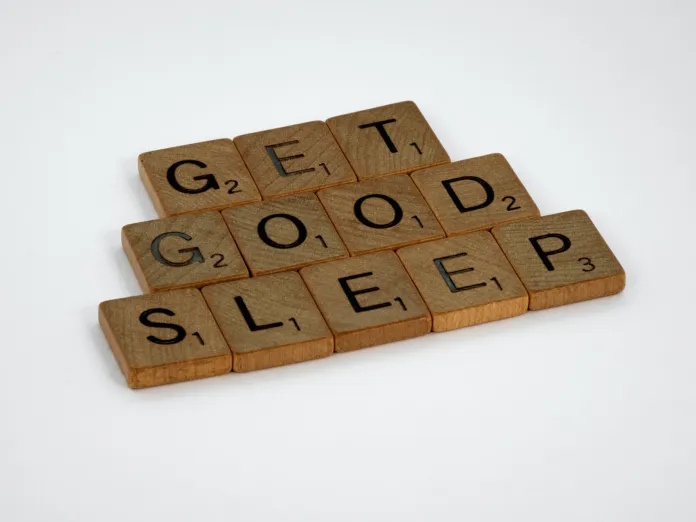Quality sleep is that elusive beast. We’re all craving it, we all want it regularly, but we’re certainly not all getting enough of it. A 2021 survey* conducted by Philips in 13 countries across the world revealed that while we’re becoming increasingly educated about the importance of sleep on our health, we’re still not able to achieve the quality of sleep we’re seeking.
And who can blame us, given all the stress and uncertainty caused by the recent pandemic? The survey also revealed that 70% of adults experienced sleep challenges since the beginning of the pandemic, with women being affected worse than men.
And the other culprit, besides Covid-19? Our phones. Cellphone usage in bed has jumped from 74% in 2020 to 84% in 2021, with 46% saying that the last thing they look at before falling asleep is those shining rectangular screens. This is clearly having a detrimental effect on our sleeping patterns.
Why is sleep so important though? We can all vouch for the short-term effects of bad sleep which include lack of ability to focus, short-temperedness and fatigue the next day. But sleeping badly for prolonged periods can have much more serious consequences on our physical and mental health too, resulting in issues such as:
- Heart disease
- High blood pressure
- Obesity
- Poor memory
- A weakened immune system
- Poor balance
- Low sex drive or libido
- Weakened or bad skin
- Depression
Getting better sleep clearly has a positive impact on your health and wellbeing, which can have a domino effect on expenses like your medical aid, whether you’re with Fedhealth or another. It’s obvious that sleeping properly can not only improve our quality of life (and perhaps save us money), but what proactive steps can we take to improve it? Try these as a start:
- Establish a routine. The number one tip given by many sleep authorities and organisations is to stick to a routine each night, starting about 30-60 minutes before you climb between those sheets. Performing the same activities each night tells your brain that it will soon be shutting down and resting (us humans are animals after all, and we follow cues just the same way). As far as possible, stick to a similar bedtime, put away the screens, sip on a warm drink (no caffeine or alcohol) or take a warm bath, and either listen to music or read a book. You could also try breathing exercises and stretching.
- Create the right environment. As you get older, you may find you wake more easily, so pay attention to noise and light. Install block out blinds if streetlights are bothering you, sleep with earplugs if traffic or other noise is an issue, and check that your room is not too warm. You may also consider investing in a better bed, mattress or linen, as all of these factors can contribute to a more restful night.
- Make time for movement. Ensuring you’re moving during the day, whether it’s doing an exercise class, going for a walk, or even just climbing the stairs instead of a lift can help you relax more easily and have a better rest at night. Just don’t leave it too late: a 2018 study by Sports Medicine found that you should avoid vigorous exercise at least an hour before bedtime in order to reap the benefits.
- Confront your stressors. Bad sleep is often a symptom of deeper issues, such as money or relationship problems, job worries or specific mental health issues such as anxiety. While talking about your problems with others can help, as can trying various stress management techniques, you should certainly see a medical professional if these problems can’t be resolved.
Sleep is one of the most important factors in a balanced and healthy life – but it can be difficult to achieve. By adopting a few small habits in your day-to-day routine, you can set yourself up for a quality night’s rest that has a positive knock-on effect on every other area of your life.












